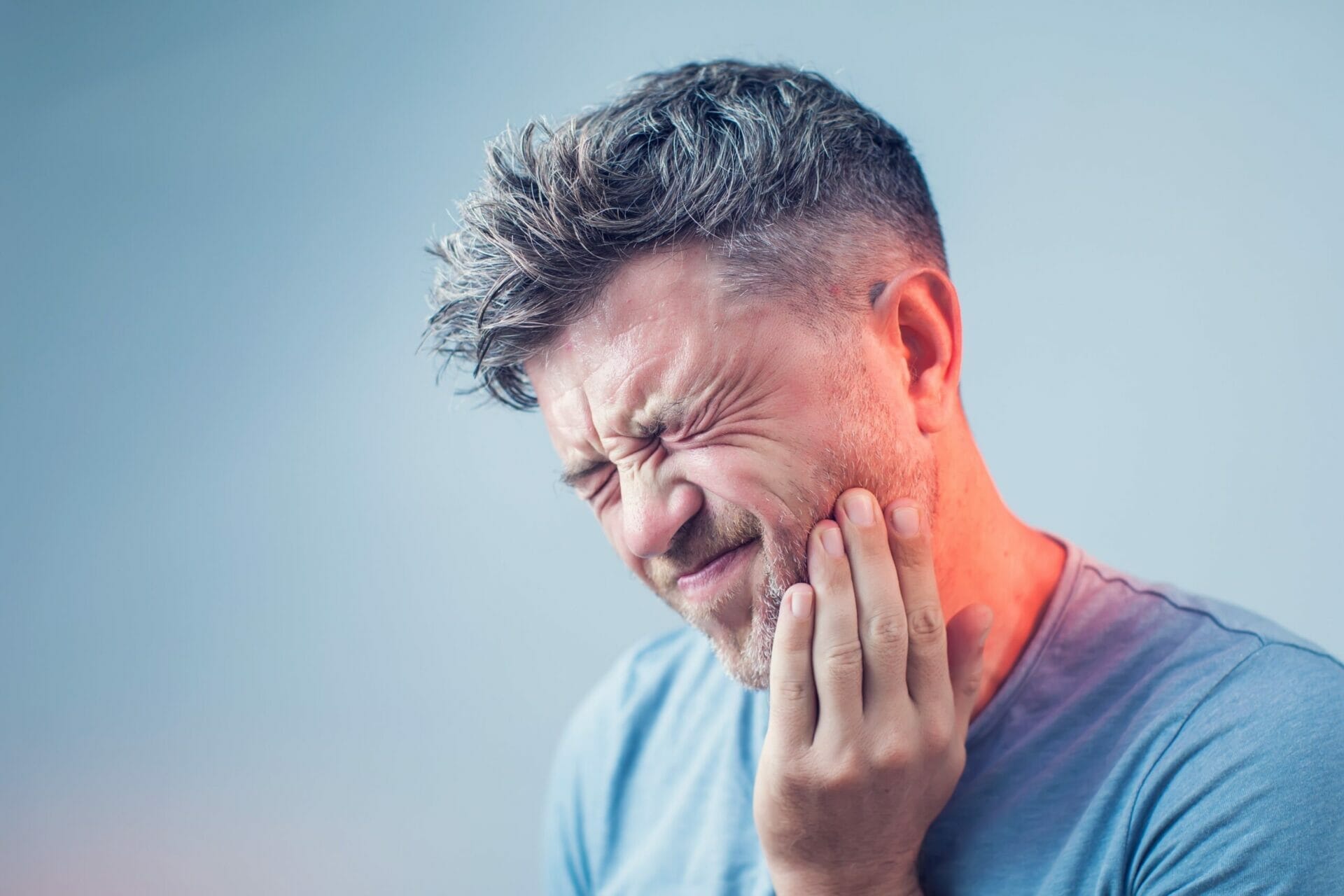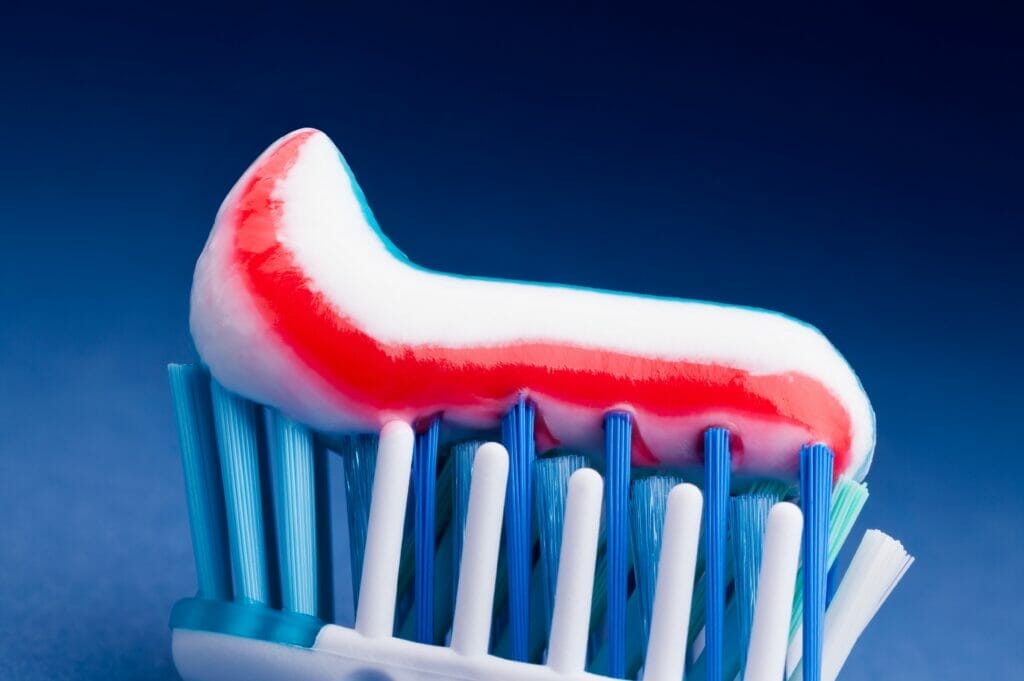
As I've discussed in previous blog posts, cavities typically don't cause pain or sensitivity. However, tooth pain or sensitivity is a common chief complaint from patients. Dentists go through many tests to find out the cause of pain. We do this to arrive at a solution so that our patients can be comfortable. Sometimes, the solution requires treatment. Other times, the solution can be as simple as changing toothpastes. Each week, for the coming month, I will explore a different type of tooth sensitivity.
Below are some common forms of cold sensitivity or pain. I explore root causes and potential solutions as a guide to supplement discussions you have with your Kitchener Dentist.
This is a really common finding among patients. For some people, the sensitivity is so severe that they can no longer tolerate drinking even room temperature water. So, what are the causes of intense cold sensitivity and what can be done to provide relief?
Typically, cold sensitivity is the result of exposed dentin. Dentin is the tooth layer right under your outer layer of enamel. There is no nerve supply to your enamel so it is resistant to cold. There is nerve supply to your dentin. So, how does your dentin become exposed?
Dentin on the tooth root or on the biting surfaces will usually look bright yellow and sometimes orange. If you see these areas in your mouth, they are likely to be contributing to sensitivity you experience. What can you do about it?
Let's start with the most conservative and least invasive options first. If these work, you may not need treatment. Let's see if we can save you time and money.

Ask your Kitchener Dentist about these potential options for alleviating moderate-extreme cold sensitivity. If you would like to discuss options for alleviating tooth sensitivity with me, please call us at (519) 576-8160 or request a consult here.
Thanks for reading!
This article is intended to promote understanding of and knowledge about general oral health topics. It is not intended to be a substitute for professional advice, diagnosis or treatment. Always seek the advice of your dentist or other qualified healthcare provider with any questions you may have regarding a dental condition or treatment.
Services
Routine Dentistry & Tooth Repair
Oral Surgery & Tooth Removal
Prosthetic Dentistry & Tooth Replacement
Protective/Preventive Services
Teeth Whitening
Schedule an Appointment Now
